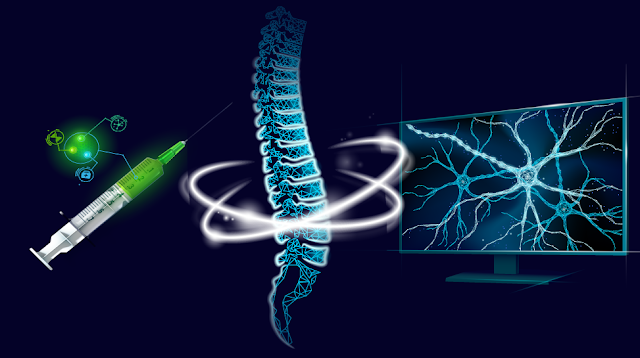Immunocytokines are fusion proteins comprising a cytokine
fused with a monoclonal antibody and are being viewed as a new class of
biopharmaceuticals with great potential for cancer treatment. Immunocytokines
aid in targeting specific tumors and generate immune responses to kill the tumor
cells. Various antibody formats such as intact IgG and antibody fragments, along
with tumor targets such as extracellular matrix components and cell membrane
antigens, have been considered for development of immunocytokines. These pharmacologically
active molecules have demonstrated lower toxicity and higher efficacy compared
to several conventional cytokine-based therapies. Currently, immunocytokines
are being studied for the treatment of various diseases besides cancer, such as
chronic inflammatory diseases and autoimmune disorders.
According to a study published in Science
Translational Medicine in October 2020, a new immunocytokine-based therapy could potentially
aid in treatment of glioblastoma, one of the most aggressive types of cancer
affecting the brain or spinal cord. A group of scientists – led by Dario Neri
and Patrick Roth from the Swiss Federal Institute of Technology and University
Hospital Zurich, respectively – developed three L19-based immunocytokines,
which first demonstrated anti-cancer activity in mouse models, and subsequently,
in a human trail. Furthermore, in March 2021, Bright Peak Therapeutics Inc., a
leading American biotechnology company developing next-generation cancer immunotherapies,
announced its research collaboration with leading Japanese biopharmaceutical
company, Ajinomoto Co., Inc. As part of the deal, Bright Peak signed an exclusive
license agreement to use Ajinomoto’s proprietary bioconjugation technology, called
AJICAP®, to develop Bright Peak Immunocytokines.
Revenue growth of the global
immunocytokines market is majorly driven by factors such as rising prevalence
of different types of cancer across the globe, growing awareness of early disease
diagnosis and treatment among the population, and increasing demand for
advanced diagnostics and therapeutics for treatment of cancer, autoimmune
disorder, and other life-threatening diseases. According to the World Health
Organization (WHO), cancer led to approximately 9.6 million deaths globally in
2018. Market revenue growth is further driven by factors such as increasing R&D activities for monoclonal
antibodies, technological
advancements in genetic sequencing techniques, and rising focus of various research
and academic institutes on development of immunocytokines, particularly IL4, IL10,
and TNF immunocytokines.



